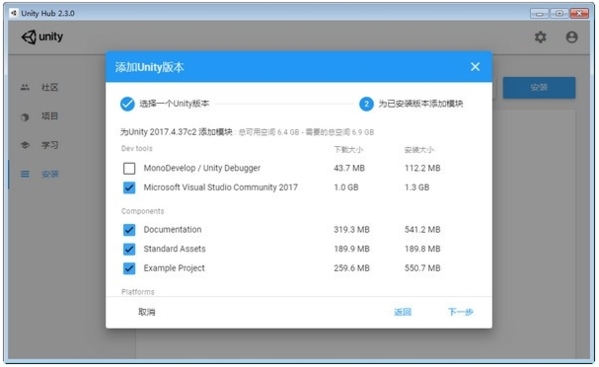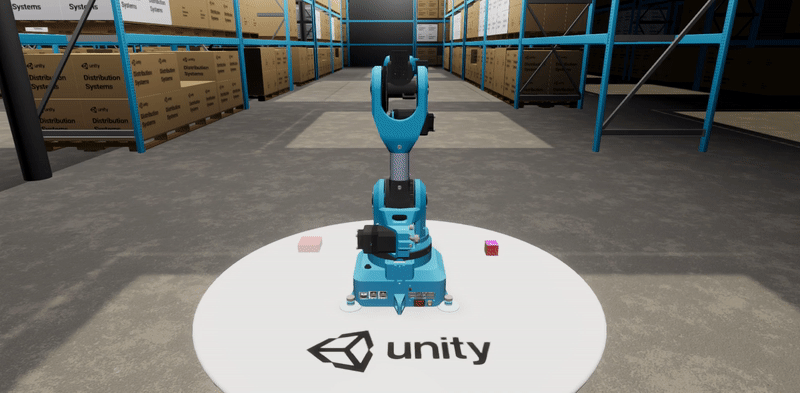

Core 2 Duos were great several years back but they're not practical today, and it's only compounded by having low memory and spinning rust drives. Same for the HDD and RAM.īy comparison a modern budget build, with a solid state drive and USB 3.0 ports, can install Windows 10 64-bit within a ten minute time period.

A high-end processor from a decade ago will be barely usable today regardless of how powerful and expensive it was back then. Any computer old enough to have come with a 32-bit OS is basically an antique at this point. It really helps to have the ram to allow me to do this, it also enables me to use some of the more ram hungry features of said programs as well like solution wide analysis in Rider.Īlso i am by no means dumping my computer every year for the latest and greatest, my 2 main desktops are using 3rd and 4 gen i7's and thus have processors and motherboards that are 5 to 4 years old, and the only upgrades i have made were adding ssd's and a new gpu.Īlso that processor you have listed does support 64bit so the 64bit Windows 7 would run on it.Ĭlick to expand.Yes, well, that's completely expected from a PC that is from the era when 32-bit OSes were the norm. While on my main computers, i can run Unity, Rider, Photoshop, Maya and any other supporting apps i need without issue and generally got a good 20 or 30 chrome tabs open. I can still make do on my macBook that only has 8gb's of ram but i have to work differently and it does cost me some more time. As a result for game dev i would recommend 16gb. If buying some new parts saves me a lot of time in the long run i will always do it. If you ask me, there's simply no way to work efficiently with less than 16GB RAM (at the very least), but that's just my personal opinion and obviously heavily depends on your workflow and tools. Overhead from debug-assemblies, the Unity-Editor and its Profiler, extra applications that you'll need (VisualStudio or at least MonoDevelop, and maybe some image editor) all contribute.Įven if you're "just" making a small 2D game, the normal development overhead alone will quickly eat up all your RAM. Sure you could close some things but a development computer generally has to be a lot more powerful than a normal users computer. When I just have my browser open, multiple visual studio instances, and Unity, I'm already at 10GB. The OS just won't be able to recognize/use it and due to some other technical details the real usable space is sometimes even less than those 4GB.


Let assume for a moment that Unity would still publish 32bit builds.ģ2-bit systems can only address up to 2^32 bytes (4GB) of memory even if you have more installed in your computer. Putting the fact aside that Unity stopped building 32bit builds for the editor, the main problem is RAM and "address space".


 0 kommentar(er)
0 kommentar(er)
